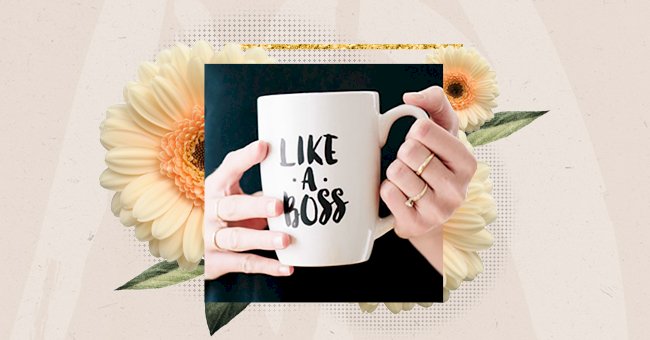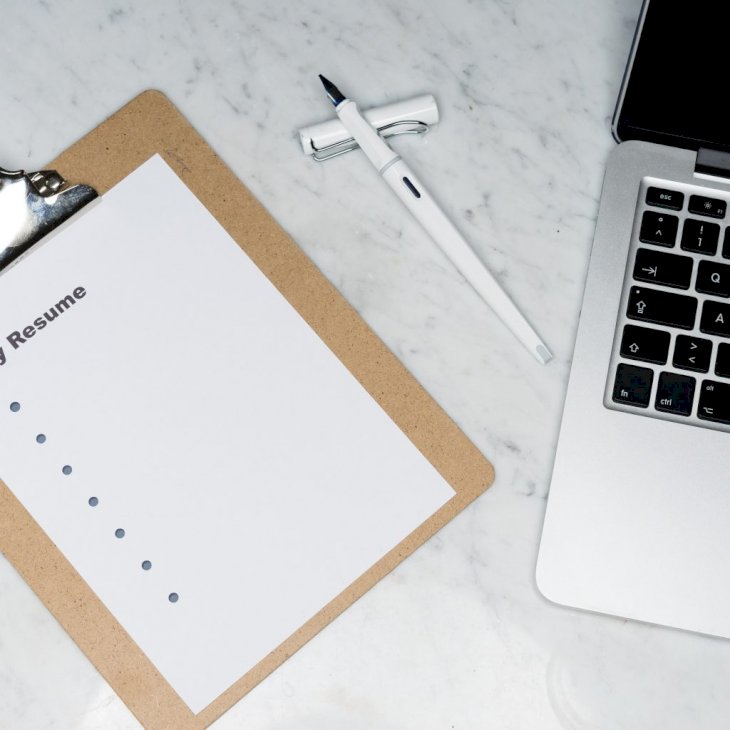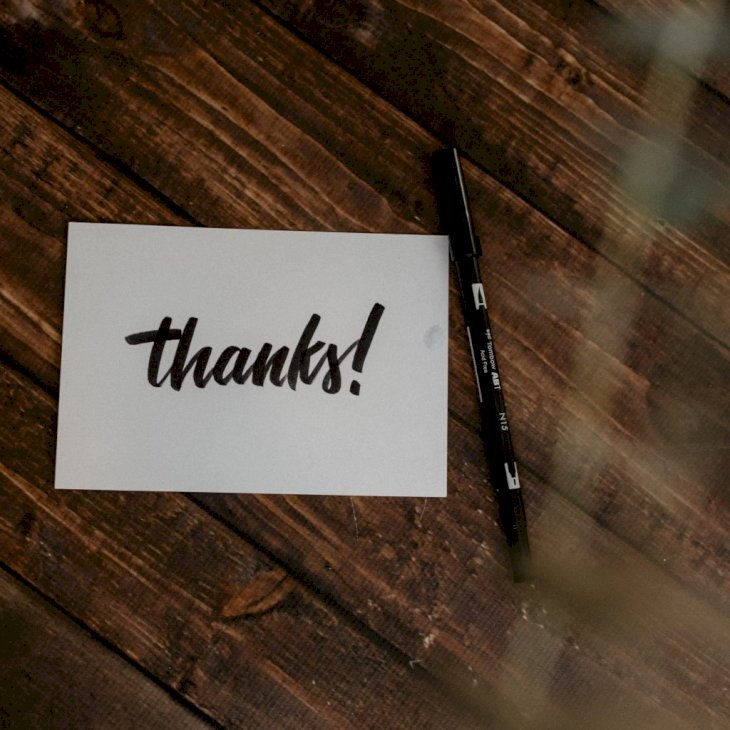
10 Tips On How To Nail A Job Interview
Job interviews can be intimidating. However, preparing yourself can help you step in with the confidence you need to ace it.
So you've submitted your resumé and finally got back the "we're happy to inform you" email. You've progressed to the next stage of the recruitment process. However, almost immediately following the relief comes the anxiousness about the interview.
Fear not; if you've made it this far, it means there's something about you that they like, and now all you have to do is get in there and bag it. Here are some tips to follow to help you nail a job interview:
1. Do Your Research

Photo by Surface on Unsplash
Get to know the company before your interview. Head to Google, check out the company site, visit their Twitter, Instagram, LinkedIn; wherever they are, find them. Have a curious eye to find the awards, goals, and initiatives they're involved in. This will also help you suss out if it's the kind of company you'd "fit into."
2 . Know Your Resumé

Photo by Markus Winkler on Unsplash
Your resumé may primarily be why they've chosen you for an interview, and the interviewer may likely have a question regarding the contents of your CV. Make sure you're able to expand on the things written in your resume eloquently.
3. Prepare An Elevator Pitch

Photo by LinkedIn Sales Navigator on Unsplash
They've seen your resumé, so avoid simply regurgitating what's already on there without expanding or giving greater detail. Think about how you could best respond to the "tell me about yourself" question that almost sure to come up in some way or another.
4. Personalize You Answers

Photo by Christina @ wocintechchat.com on Unsplash
Suppose you're going to speak about your qualities, back it up. For instance, if you say you are hard-working, it may sound generic. Tell the interviewer about examples of times that you worked hard and how that worked out for you or the subsequent success that came from your efforts
5. Know The Job Description

Photo by Tim Gouw on Unsplash
Know what the job you've applied for entails and what would be expected from you. This will help you tailor your answers and draw from relevant past experiences when answering questions.
6. Read The Room

Photo by Mateus Campos Felipe on Unsplash
This may seem intuitive but try your best to be present. Read the demeanor and body language of the panel or interviewer. Don't just come in guns blazing, frantically answering; instead, try to answer as though you're having a conversation and not being interrogated by a drill sergeant.
7. Body Language

Photo by Christina @ wocintechchat.com on Unsplash
On the topic of reading the room, chances are, the interviewer may be doing the same. Consequently, be cognizant of your body language. Avoid looking disinterested, bored, or annoyed. Come in with confidence (even fake confidence will work) and ask how they're doing. Remember first impressions last.
8. Prepare Your Toolkit

Photo by Alexa Williams on Unsplash
Make a list of the things you might need, including a copy of your resumé, a notepad, a pen, a bottle of water (if your interview is over Zoom, a warm beverage. an Emphasis on warm, not hot).
9. Questions?

Photo by Simone Secci on Unsplash
Often at the end of an interview, you might get asked if you have questions. You've done your research. What may have stood out for you? Was there anything you liked or have a question about? Try to prepare one or two questions that may have piqued your interest. While they want to know about you, it's not wrong to want to know about the company too.
10. Follow Up

Photo by Kelly Sikkema on Unsplash
Within twenty-four hours of your interview, send an email to express your appreciation for the time and consideration your interviewer has taken. Mention something from the interview of interest to you that makes the prospect exciting.